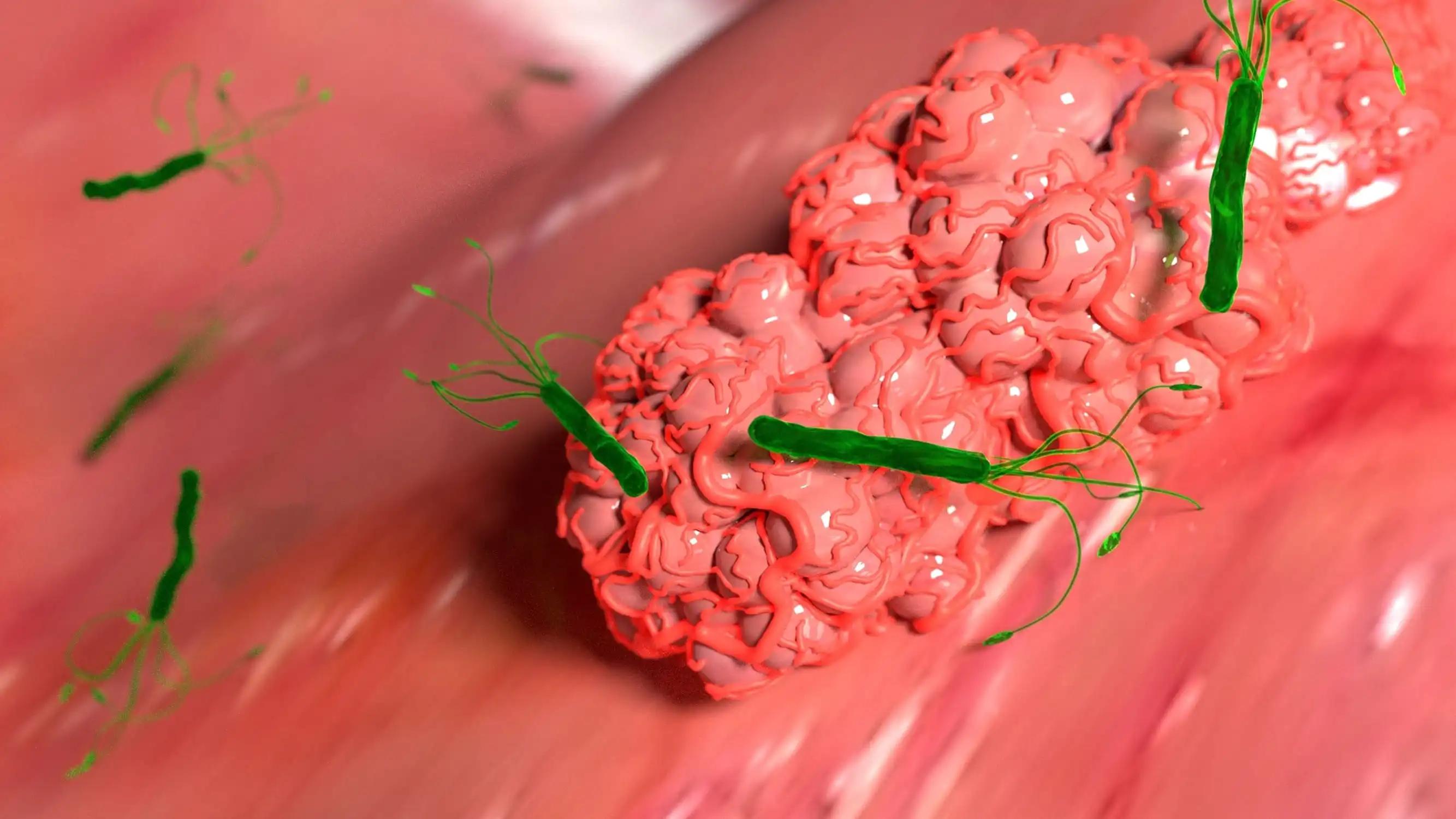KEY TAKEAWAYS
- The FUDR phase III trial aimed to investigate whether HAI could reduce CRLM recurrence after resection.
- One group of patients received systemic FOLFOX plus HAI (FUDR), while another group received intravenous FOLFOX only. The study’s primary endpoint was relapse-free survival in the mITT population.
- The study concluded that adjuvant HAI did not improve recurrence-free survival in patients with CRLM but might benefit patients with multiple liver metastases, RAS/BRAF mutation, and positive postoperative ctDNA.
Combining adjuvant systemic chemotherapy with hepatic arterial infusion (HAI) may benefit patients after colorectal cancer liver metastases (CRLM) resection. Researchers aimed to investigate whether adding HAI to adjuvant systemic chemotherapy could reduce recurrence risk after CRLM resection.
The HAI group received systemic FOLFOX (q2w) plus HAI (FUDR, d1-14, q4w) for up to 6 months, while the non-HAI group received intravenous FOLFOX only. The study’s primary endpoint was relapse-free survival in the modified intention-to-treat (mITT) population. Blood samples were collected at different time points to test for NPY and SEPT9 methylation in circulating tumor DNA (ctDNA).
The study was terminated early due to a production halt of FUDR in China. They involved 92 randomized patients, with 77 included in the mITT analysis (38 in the HAI group and 39 in the non-HAI group). After 35.8 months of follow-up, recurrences were observed in 57.9% of the HAI group and 64.1% of the non-HAI group. The median relapse-free survival was 20.0 months for HAI and 11.7 months for non-HAI (P= 0.14; HR 0.65; 95% CI [0.37, 1.16]). The overall survival did not significantly differ between the two groups (P= 0.461). The subgroup analysis demonstrated the benefits of adjuvant HAI treatment for patients with multiple liver metastases (P< 0.01) and RAS/BRAF mutation (P< 0.01). Positive postoperative ctDNA methylation status also benefited from HAI treatment (P< 0.01), while negative status did not (P= 0.95). Chemotherapy-related adverse events were similar between the groups. The study concluded that adjuvant chemotherapy intensification using HAI did not significantly reduce recurrence after CRLM resection. Patients with multiple liver metastases, RAS/BRAF mutation, and positive postoperative ctDNA may benefit from adjuvant HAI treatment.
Source: https://meetings.asco.org/abstracts-presentations/219421
Clinical Trial: https://www.clinicaltrials.gov/study/NCT03500874
Yu-hong Li, De-Shen Wang, Yang-Kui Gu, Lei Wen, Chao Ren, Xiao-Jun Wu, Yun-Fei Yuan, Bin-Kui Li, Yun Zheng, Pei-Rong Ding, Zhi-Qiang Wang, Zhi-Zhong Pan, Gong Chen, Li-Ren Li, Zhen-Hai Lu, Qiong Tan, De-Sen Wan, and Rui-Hua Xu. | Journal of Clinical Oncology (2023) 41:16_suppl, 3516-3516.



